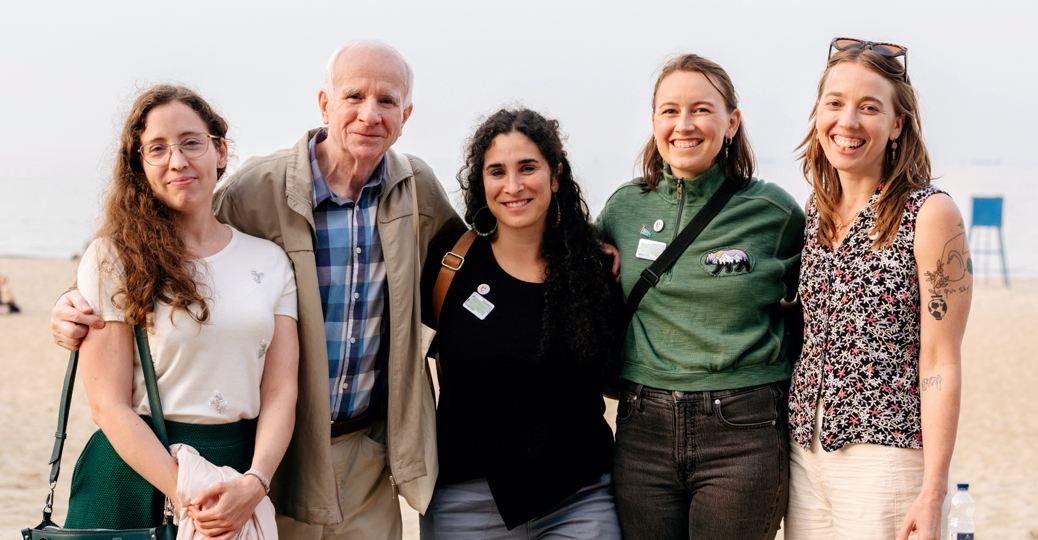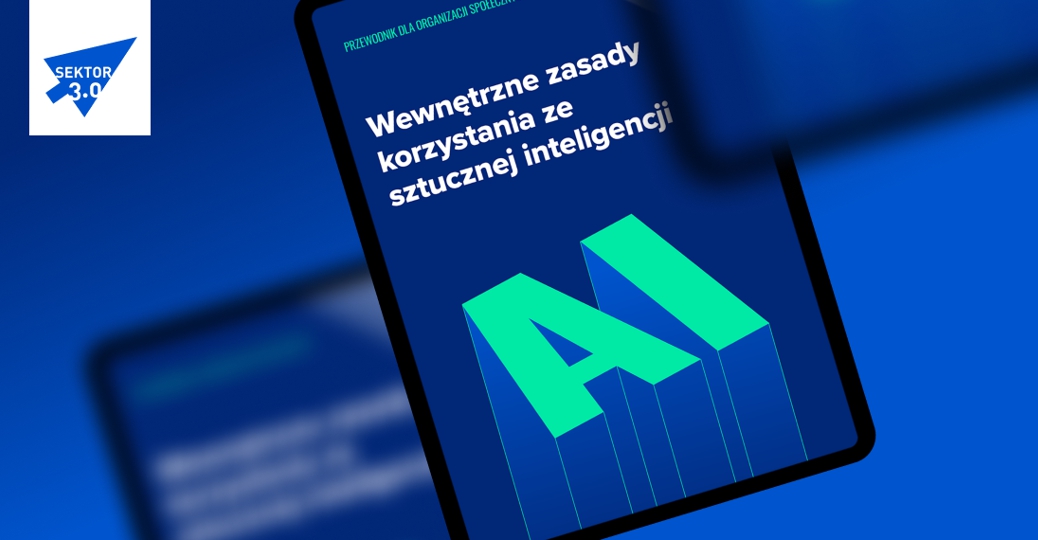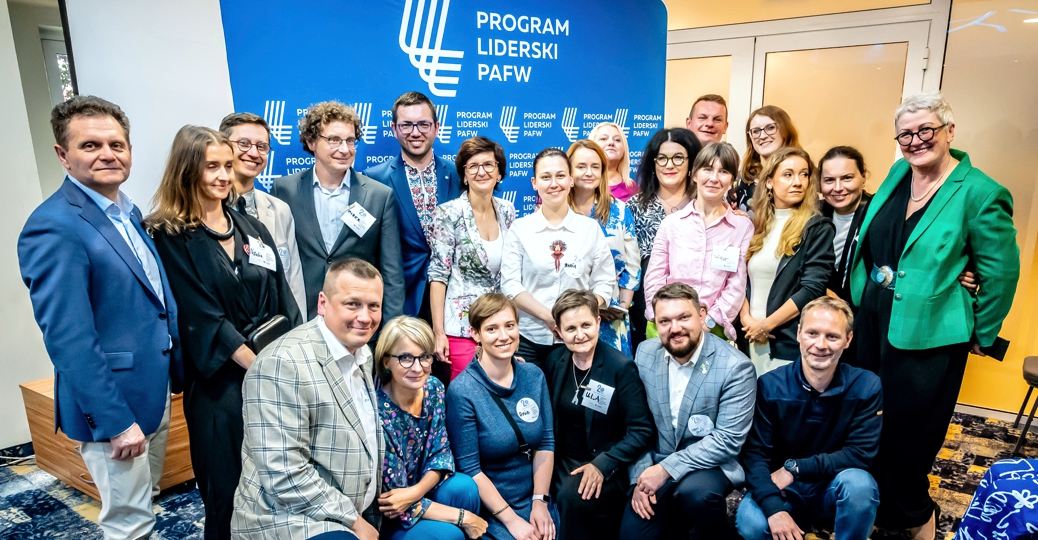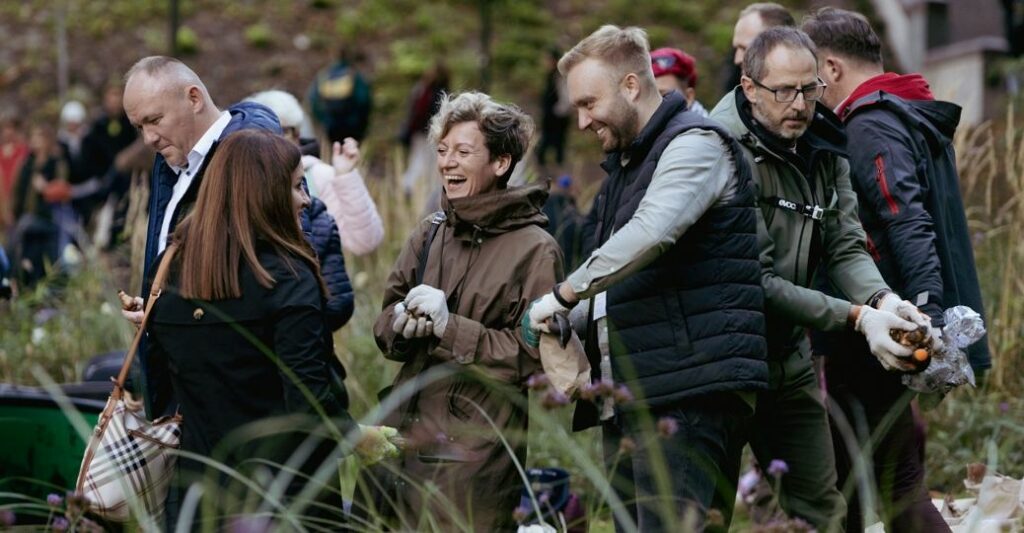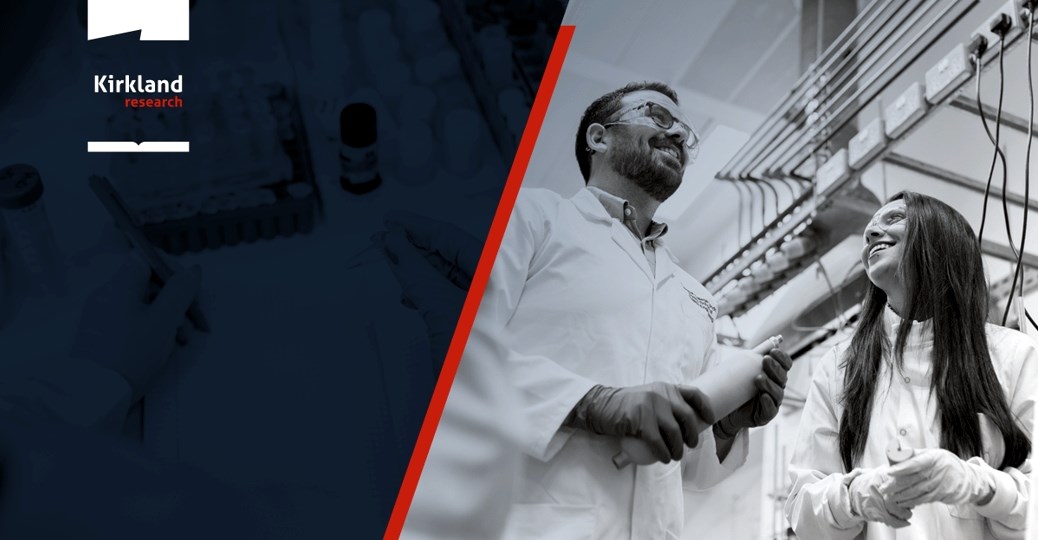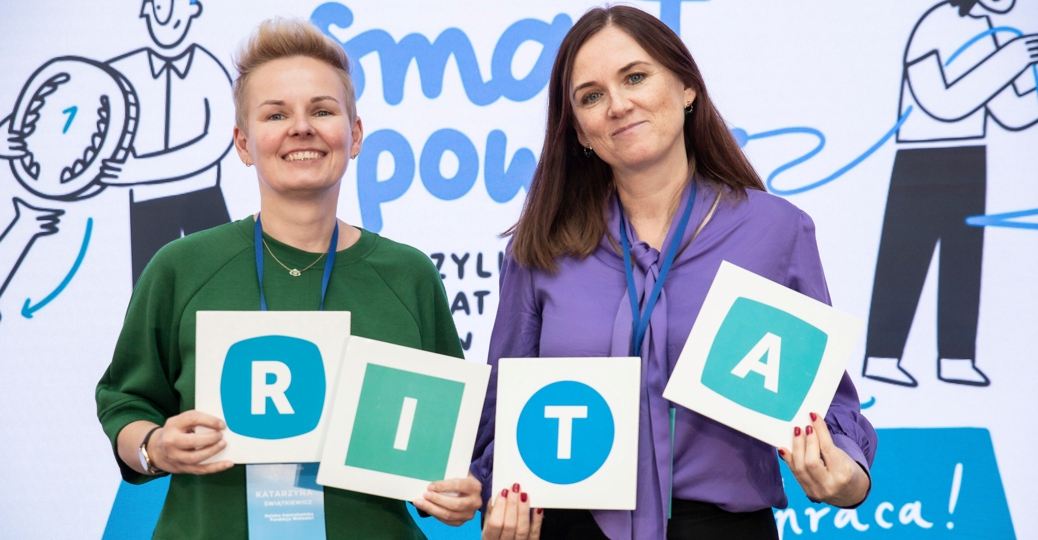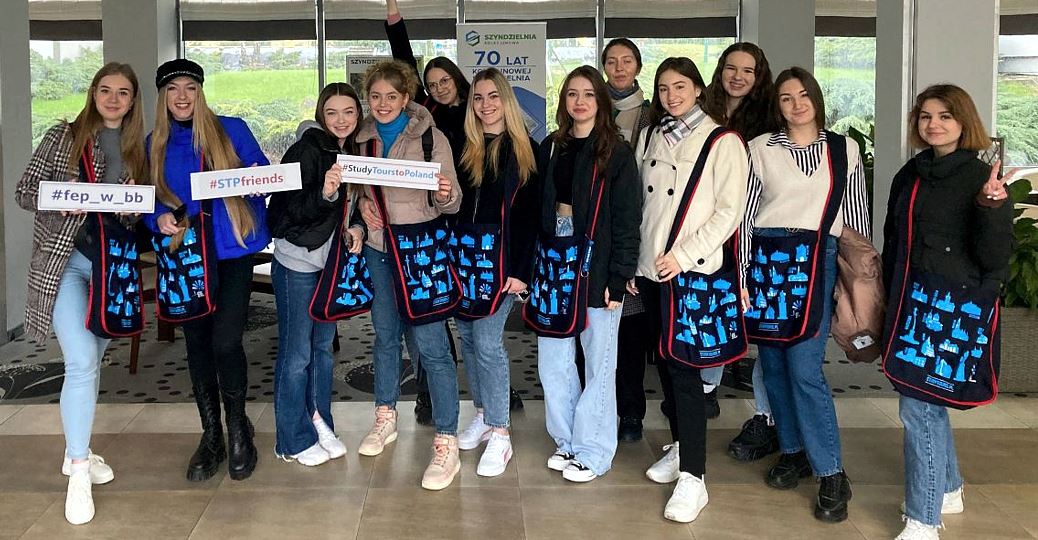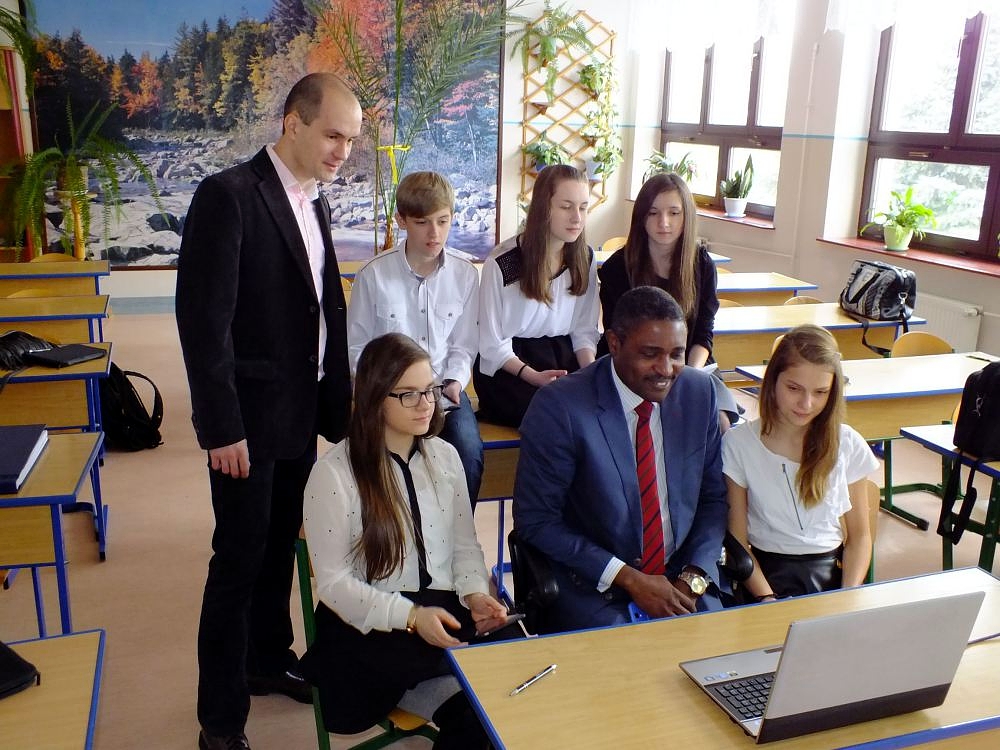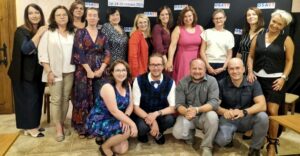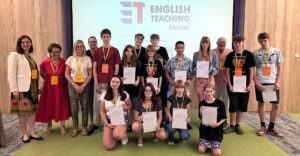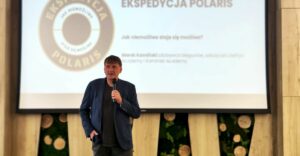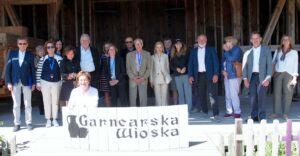Łukasz Rumiński’ s “International Language Tabletory” initiative, implemented as part of the “English Teaching” program, was awarded the European Language Label – European language education quality certificate.
The certificate is awarded for innovative teaching methods and promotes teaching and educational achievements. In Poland, it has been awarded since 2001.
The competition helps people learning foreign languages develop language and intercultural communication skills. Its objective is to motivate to learn foreign languages and help do it by the students themselves, improve foreign language teachers’ competencies, make people more aware of Europe and the world cultural and language diversity, as well as the need to carry out the intercultural dialogue and promote multi- and plurilingualism.
The most important criterion of language initiative assessment is its innovativeness seen as a method of applying measures, earlier unavailable for a foreign language teacher, that allow to better develop language communicative competencies or meet needs and supplement the competence shortages of the students. Since 2015, the certificate has been awarded in one competition category: a language project tutored by an educational institution coordinator.
The awarded “International Language Tabletory” initiative is financed by PAFF’s “English Teaching” Program, managed by the Nidzica Development Foundation “NIDA” as part of the “English Teaching Ambassadors” path. Participating in the initiative are students of John Paul II School Complex in Jamielnik and Home of Hope Center for the so-called street children in Zambia. The students work online – 5 Polish and 5 Zambian students got tablets, and the Internet was installed in the Zambian center.
‘The idea of the project stemmed out from my students’ interest in the street children phenomenon and problems they must face. As an “English Teaching” Ambassador, I had the possibility of financing such a project so that it could meet my students expectations – to a broad extent we could act at our discretion, without strict limitations. We wanted to establish contacts with some street children and cooperate with them, learning English and getting to know each other’s “worlds” together,’ Łukasz Rumiński, the project coordinator says. The students work online and have access to free tools, so that they can create movies, e-books, cartoons, avatars, crosswords, educational games, presentations, flashcards, and thought maps.
In Poland, the European Language Label competition is carried out by the Foundation for the Development of the Education System – the Polish National Agency of the Erasmus+ Program and the Ministry of National Education. The winners receive certificates signed by the European Commissioner for Education, Culture, Multilingualism and Youth and the Minister of National Education.
More about the initiative: https://tabletorium.wordpress.com
The competition’s website: http://ell.org.pl









